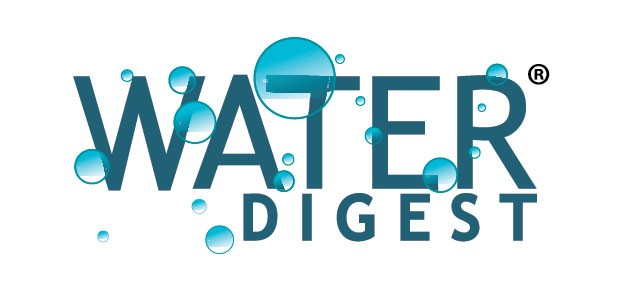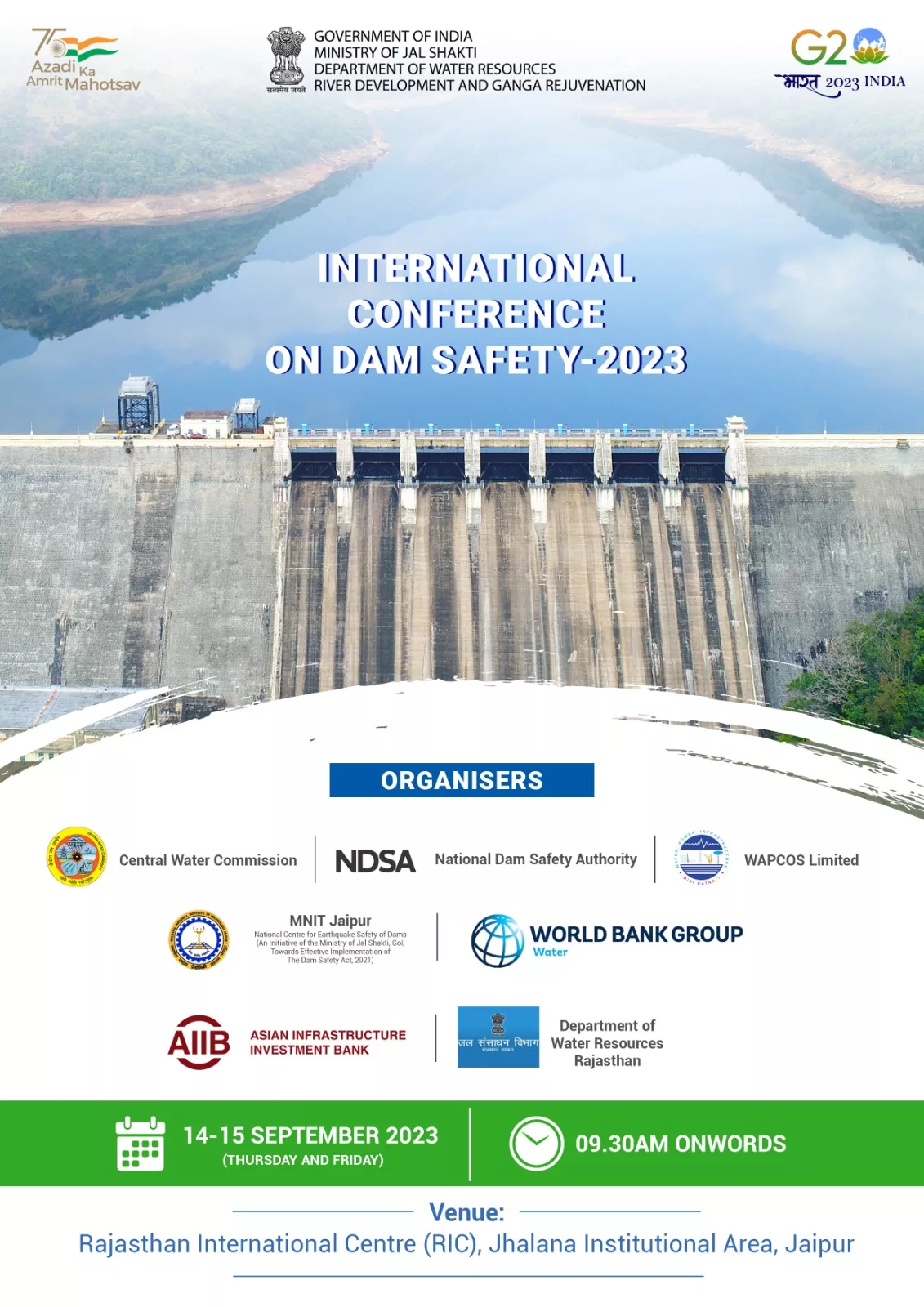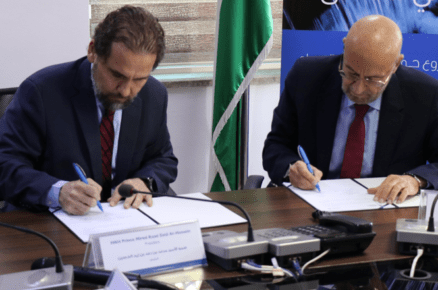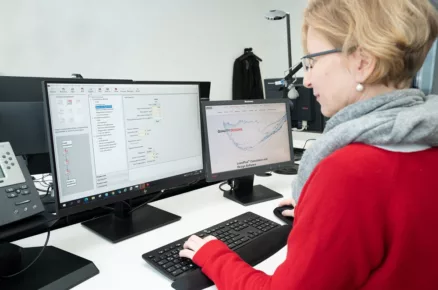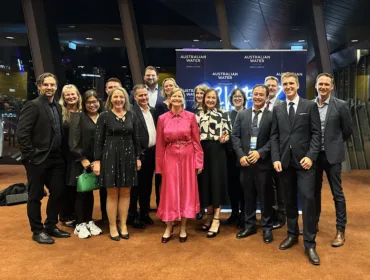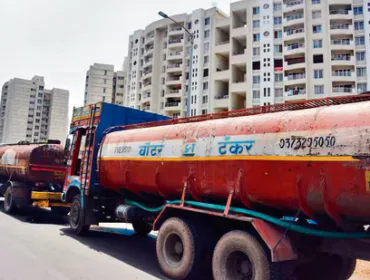[Curtain Raiser]
The Department of Water Resources, River Development, and Ganga Rejuvenation (DoWR, RD &GR), Ministry of Jal Shakti is organising an International Conference on Dam Safety (ICDS) at Rajasthan International Centre (RIC) in Jaipur from 14th to 15th September, 2023, where the world’s foremost experts and leaders in the field will assemble to strengthen capacities for enhancing dam safety. The Vice President of India, Shri Jagdeep Dhankhar will inaugurate the International Conference on the theme “Safe & Secure Dams Ensure Nation’s Prosperity”. Professionals from across the nation and about fifteen countries are expected to participate in the ground-breaking event dedicated to advancing the cause of dam safety and management.
With over 6,000 dams in India, ranked third globally in terms of large dams and approximately 80% of these dams exceeding 25 years of age while 234 surpassing the century mark, ensuring their safety is of paramount importance. With this objective in mind, the conference aims to provide a prime venue for experts from India and across the world to come together and debate cutting-edge topics in dam safety and management. Additionally, the conference will focus on highlighting the objectives of Dam Rehabilitation and Improvement Project (DRIP) Phase II and III, as well as how the project contributes to the improvement of dam safety in India. Several informative sessions will help professionals and organisations to engage in discussions centered around knowledge, experience, technologies, innovations, and safety efforts related to dams. ICDS 2023 is the first in a series of Dam Safety Conferences planned under the DRIP Phase II & III.
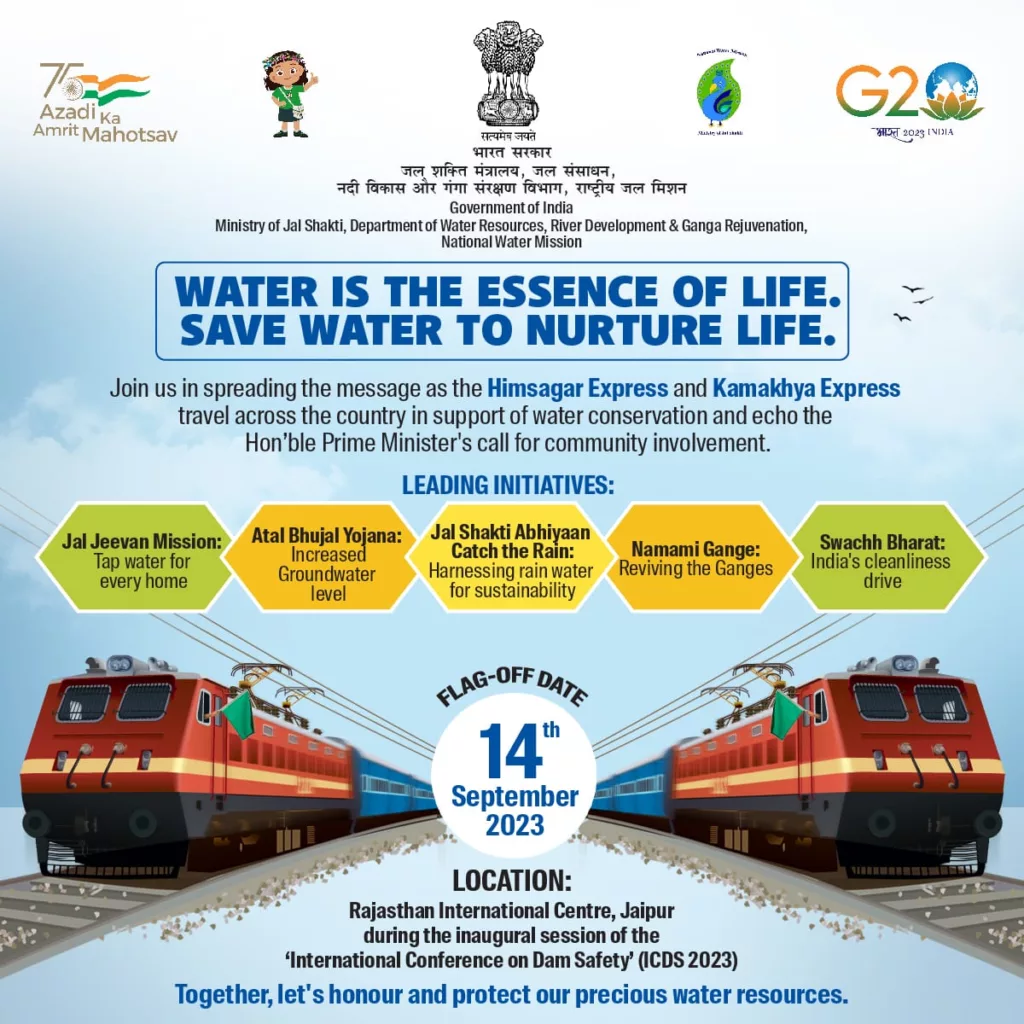
One of the highlights of the inaugural session will be the flagging off of the Vinyl-Wrapped ‘Pani Ki Rail’ i.e., two prominent trains, namely, the Himsagar Express & the Kamakhya Express that will serve as a moving billboard for promoting the vital message of water conservation & management, river rejuvenation, and the importance of potable drinking water & improved sanitation. This novel initiative led by the National Water Mission under Ministry of Jal Shakti, in collaboration with the Ministry of Railways titled “Rails for Water (पानी क रेल),” will showcase significant water conservation projects, reflecting the vision of the Prime Minister regarding community-driven water conservation & management. The primary aim of this initiative is to disseminate the crucial message of water conservation to every corner of India, as these trains will travel across extensive stretches of the nation, reaching millions of people and imprinting the significance of valuing water as a finite and invaluable resource.
Following the inaugural session, the conference will continue with technical sessions with focus on the latest technologies and innovative approaches to dam safety. These sessions will cover various aspects, including monitoring, inspection, and rehabilitation of dams. The second day will have two technical sessions: one centered around dam health assessment, presenting the latest methods for evaluating the structural integrity of dams, and another emphasising industrial application of dam safety, showcasing the use of dams for hydropower, irrigation, and flood control. On the sidelines of the conference, an exhibition will be organised at the venue for display/exposition of products, charts, banners, & photographs showcasing the latest developments, technologies and solutions in various areas of dam safety.
Dams are huge symbols of modern India. Dams have been essential to civilization’s development, and have played a multifaceted role in meeting the ever-increasing demand for drinking water, irrigation, hydropower, flood protection, and more. From Kallanai Dam, the first dam built in the 2nd century AD by King Karikala Chola, India boasts of over 6,000 dams in the present times, making it the third globally in terms of large dams and ensuring their safety is of paramount importance.
In the backdrop of such a rich history and under the visionary approach of Prime Minister, Shri Narendra Modi, the Dam Safety Act (DSA) 2021 was enacted. It has further strengthened our country’s dedication to safeguarding its dams. This progressive legislation underscores the nation’s dedication to dam surveillance, inspection, and maintenance, setting a benchmark for global dam safety standards. The Act mandates the establishment of the National Committee on Dam Safety, National Dam Safety Authority (NDSA) at the Central level and establishment of the State Committee on Dam Safety and State Dam Safety Organisation at the state level. Further, dam owners are now required to have a dedicated Dam Safety Unit, prepare Emergency Action Plans, and conduct Comprehensive Safety Evaluations at regular intervals. With provisions for two types of offenses related to dam safety and the emphasis on regular risk assessments, the Act is a testament to India’s forward-thinking approach, ensuring the safety of its vast array of dams, many of which have stood for decades, if not centuries.
The responsibility of ensuring their safety primarily rests with dam owners, a mix of state governments, Central Public Sector Undertakings (CPSUs), and private agencies. To address these concerns, the Dam Rehabilitation and Improvement Project (DRIP) Phase I, launched in 2012, paved the way for addressing dam safety concerns in India. It covered 223 dams across seven states with a budget of R s 2,100 crore, leading to significant safety enhancements. Building upon its success, DRIP Phase II and III, funded by the World Bank and AIIB, continue the efforts to improve dam safety. These phases focus on rehabilitating dam structures, enhancing instrumentation, and establishing dam safety institutions, reflecting India’s commitment to safeguard its water infrastructure. The scheme aims to fully rehabilitate 736 dams in 19 states. The 10-year system is being implemented in two six-year phases, Phase-II and Phase- III, with a two-year overlap. The project costs Rs.10,211 crore. This cost includes Rs.7000 crore from an external loan and Rs.3211 crore from participating states and central agencies.
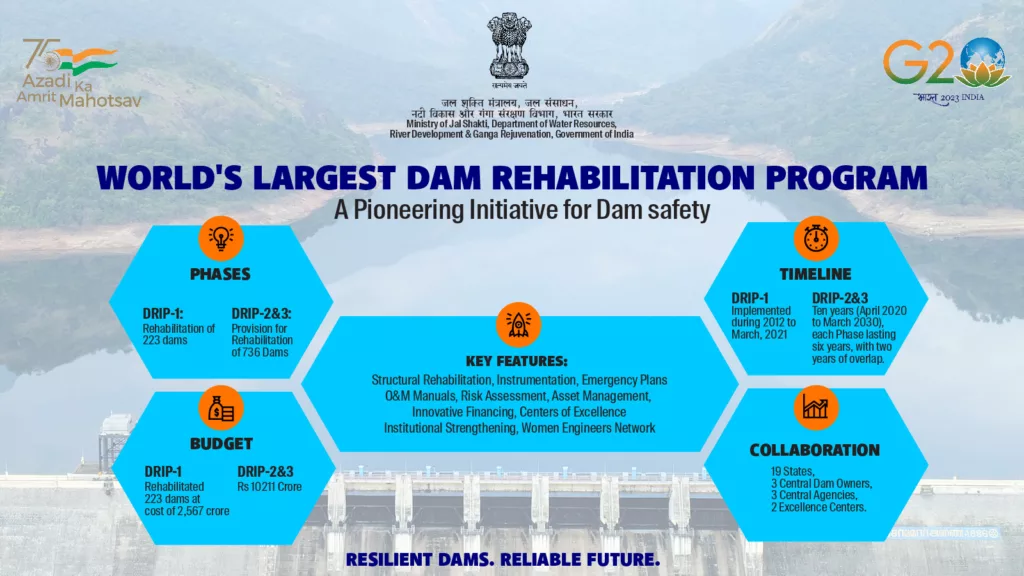
The conference is being organised in collaboration with the Rajasthan Water Resources Department, the Central Water Commission, the National Dam Safety Authority, MNIT Jaipur, WAPCOS Ltd., the World Bank and the Asian Infrastructure Investment Bank. ICDS 2023 is backed by esteemed organisers, academics, DRIP implementing agencies, sponsors, and media partners.
Rajasthan is a captivating tourist destination with its rich heritage, vibrant culture, and stunning landscapes. With the objective of combining robust technical discussions with immersive cultural experience, sightseeing tours have been planned on September 16, 2023. This includes a leopard safari and a visit to Bisalpur Dam. In addition, cultural programs featuring classical music and dance forms from the region will be organised with dinners on each day of the conference.
Source and image courtesy: PIB
